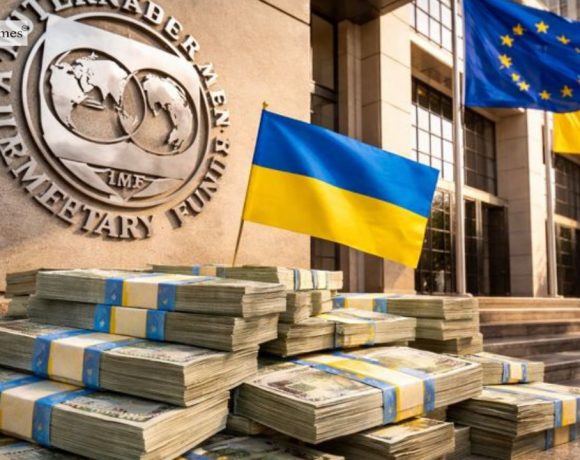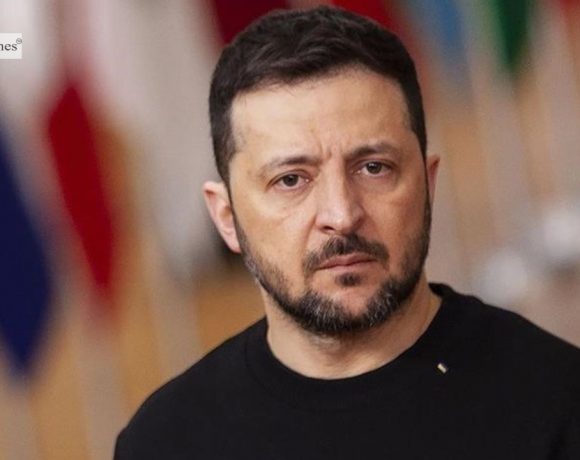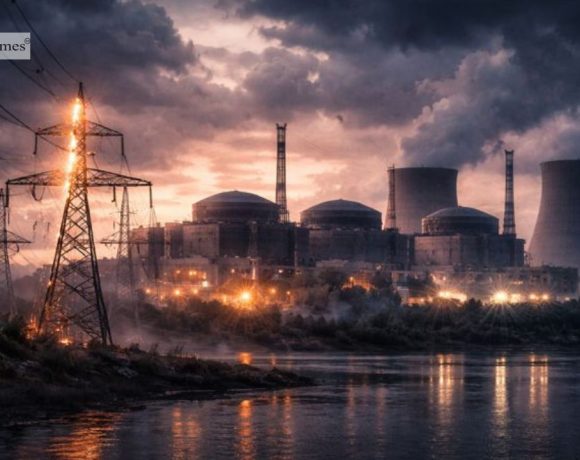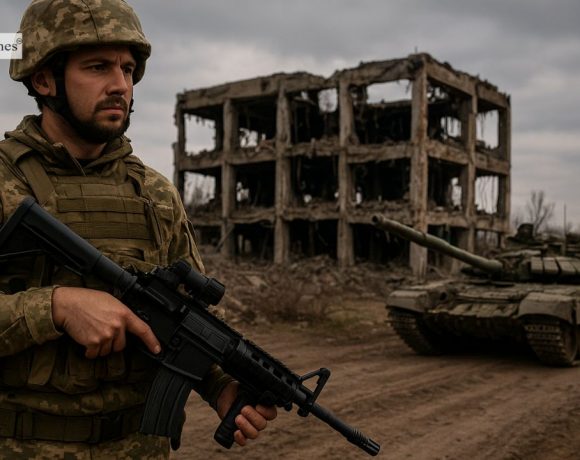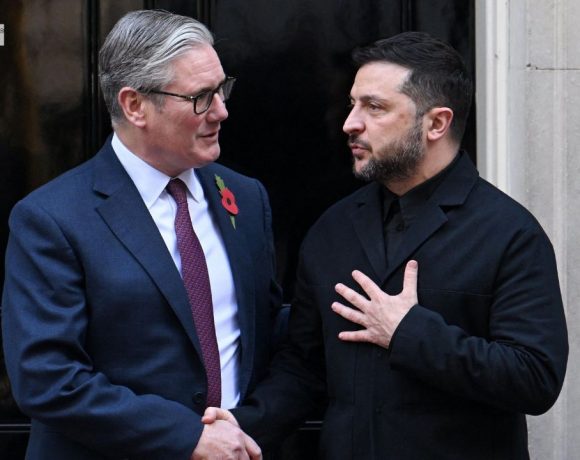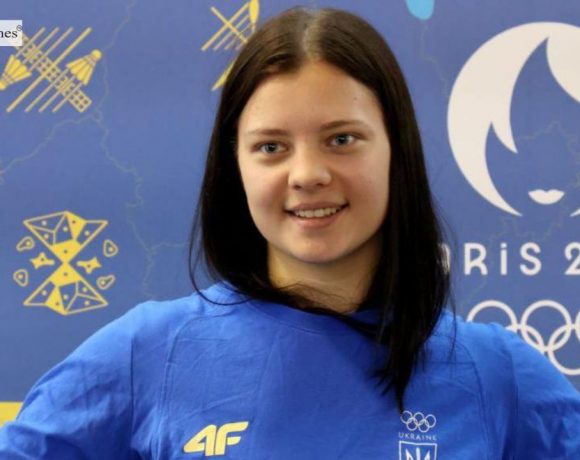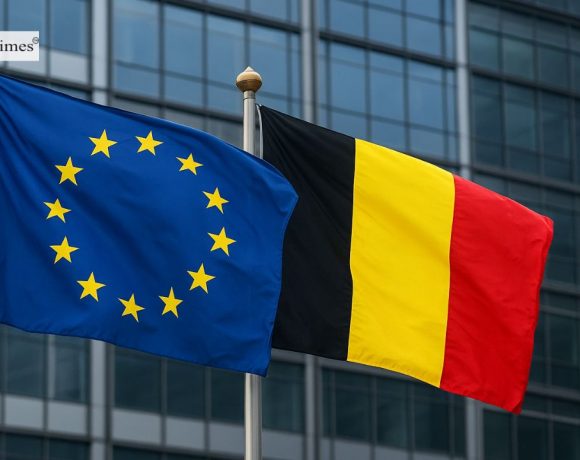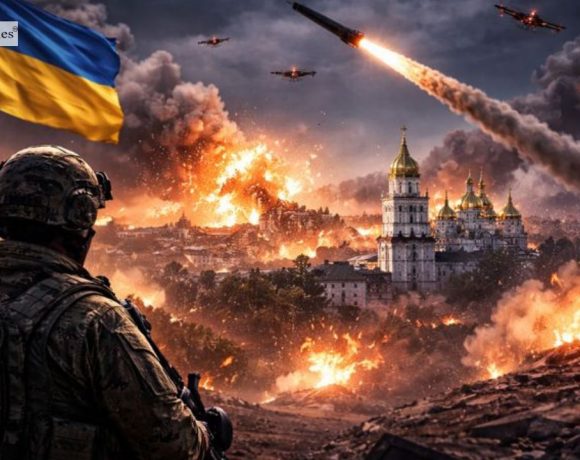
Russia launched missile and drone attacks on Kyiv and other regions of Ukraine on Saturday, coinciding with heightened security measures ahead of President Volodymyr Zelensky’s key meeting with U.S. President Donald Trump in Florida. Ukraine’s air force issued a nationwide alert as explosions were heard in the capital, prompting air defense units to intercept incoming missiles and drones. No immediate reports of damage or power outages were recorded.
The attacks come amid ongoing diplomatic efforts to finalize a U.S.-backed 20-point peace plan aimed at halting the war that began with Russia’s invasion in February 2022. Zelensky emphasized that his discussions with Trump would focus on territorial control, including the contested Donetsk and Luhansk regions, as well as security guarantees. Kyiv seeks legally binding provisions to prevent future Russian aggression, while a free economic zone is proposed for certain areas under U.S. compromise.
Additional issues include control of the Zaporizhzhia nuclear power plant and the eastern Donbas region, both key points of contention in the negotiations. Russia’s foreign policy aide, Yuri Ushakov, engaged with U.S. officials after Moscow received American proposals for a possible peace deal, although Russia has not publicly disclosed its stance on the documents. Both sides continue dialogue as efforts to resolve the nearly four-year conflict move forward.
Pic courtesy: google/ images are subject to copyright


